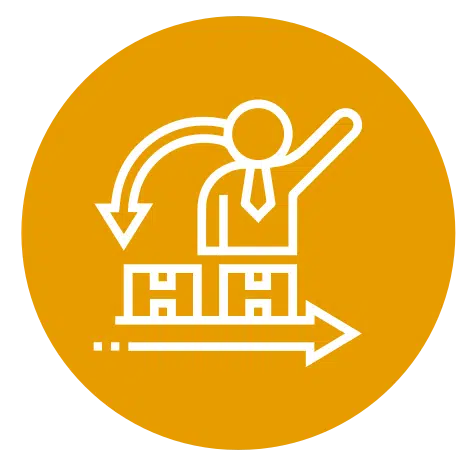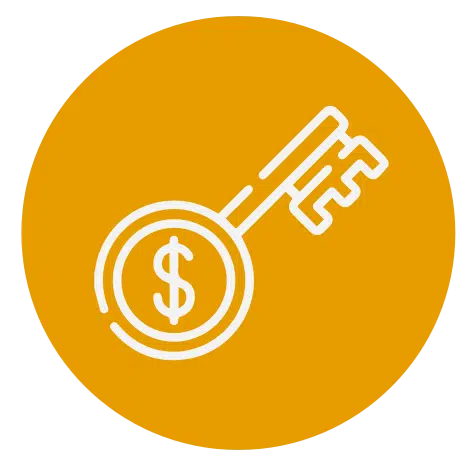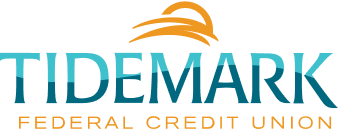Some of the largest unknown expenses are medical bills and tuition.
Planning Ahead Requires Smart Savings Options
Health Savings Account
An HSA provides specific tax advantages to help you address unexpected medical expenses. You must be enrolled in a high-deductible health plan (HDHP) in order to qualify.
- Contributed funds are not subject to federal income tax at time of deposit
- Any interest earned is tax-free
- No taxes paid on money withdrawn for qualified medical expenses
- Unspent HSA funds roll over and accumulate year after year (unlike a flexible spending account) and can be used anytime, including in retirement
Qualification Rules
- You must have coverage under a qualified high deductible health plan. You must not be covered under another health care plan. You must also not be eligible for coverage via your spouse’s plan.
- You must not be currently enrolled in Medicare. In practice, this means that those over age 65 are generally ineligible to contribute to a health savings account, since you are automatically enrolled in Medicare Part A and B at age 65.
- You must not be eligible to be claimed as a dependent on someone else’s income tax return.
There are many nuances to these rules. Contact your tax advisor for more detailed information.
Health Savings Account For Employers
Coverdell Education Savings Account
Coverdell ESAs are ideal accounts for parents and grandparents to save for tuition, fees, books, supplies and, in some cases, room and board. Earnings will accumulate tax-free at a rate that matches our IRAs.
- Both overnight and certificate options available
- Maximum annual contribution up to $2,000 per child (restrictions exist depending on income levels)
- Money must be used for specific, education-related expenses
- Tax implications come into play if the child doesn’t go on to higher education
Individual Retirement Accounts
Personal Goals Within Reach:
Discover Our Best Local Rates
Plus, You Get Access to Our Member Premium Benefits

You Become a Member-Owner
We don't exist to enhance the wealth of our shareholders, we are member-owned. As a not-for-profit organization, we use our profits to increase Member benefits and support community causes.

Your Money is Insured & Protected
Instead of being covered under FDIC, your deposits are covered under the National Credit Union Administration (NCUA), which insures deposits up to $250,000, the same amount as the FDIC. It’s a different name but the same function.



